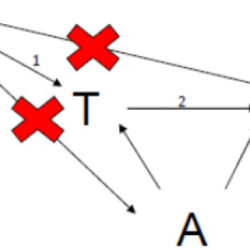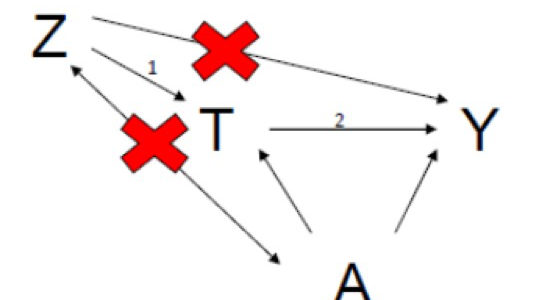Naive Learning in Social Networks with Random Communication
What constitutes an optimal communication architecture for finding out the ‘truth’? Consider, for instance, people trying to estimate the reliability …
Read more...

What constitutes an optimal communication architecture for finding out the ‘truth’? Consider, for instance, people trying to estimate the reliability …
Read more...

In social sciences, the most interesting questions are arguably about cause and effect. For example, what is the effect of …
Read more...

Organizations must solve two canonical problems to perform well: coordination (who performs which tasks?) and motivation (what must happen to …
Read more...

When a banking panic occurs, the central bank usually provides liquidity to help rescue the private banks that are in …
Read more...

In the debate on Secular Stagnation, people have worried about the risk of bubbles blowing up. While for most people …
Read more...

The begin and end dates of cartels are often ambiguous, despite competition authorities stating them with seeming precision. The legally …
Read more...

Women are generally found to be less competitive than men, and research has shown that this explains gender differences in …
Read more...

This paper introduces a new method to measure intertemporal discounting, which is much easier than existing methods. Samuelson’s discounted utility …
Read more...